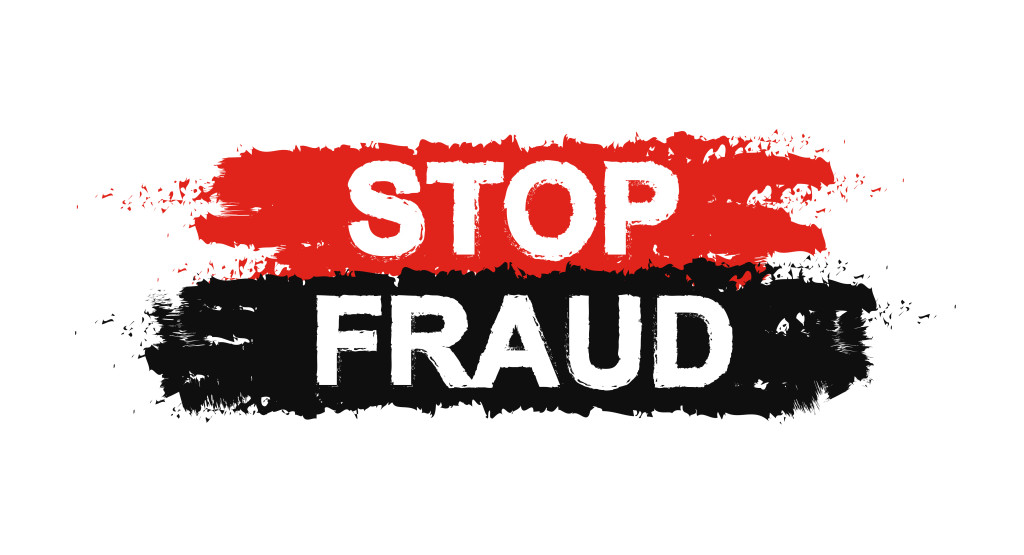As we reach the end of International Fraud Awareness Week 2015, it is important that we continue to promote anti-fraud awareness and education against fraudsters. Whistle Blowers will continue to play it’s part by providing a specialised service that promotes good corporate practice, ethics and honest in organisations across the globe.

Organisations are fast realising that having an effective anti-fraud/corruption programme is more important for companies today than ever before. This is where whistleblowers play a vital role by eradicating unethical behaviour in the workplace.
It comes as no surprise to learn that economic crime — such as fraud, IP infringement, corruption, cybercrime, or accounting fraud — continues to be a major concern for organisations of all sizes, across all regions and in virtually every sector.
But, as the PwC 2014 Global Economic Crime Survey reveals, the real story is not so much that economic crime stubbornly persists, the real story is that economic crime is threatening your business processes, eroding the integrity of your employees, and tarnishing your reputation. Which is why this year’s report, one of the broadest and most comprehensive economic crime surveys PwC have ever conducted — with over 5,000 global respondents — is focused not only on breaking down the facts, figures, trends and regions, but also on analysing how and where it may be affecting you! So you can address the issue from both a preventive and strategic perspective.
1 in 3 organisations report being hit by economic crime.
Most commonly reported types of economic crime:
Asset misappropriation – 69%
Procurement Fraud – 29%
Bribery and Corruption – 27%
Cybercrime – 24%
Accounting Fraud – 22%
53% are concerned about the effect of bribery and corruption on their business.
AFRICA – The leading economic threat with 50%:
North America – 41%
Eastern Europe – 39%
Latin America – 35%
Western Europe – 35%
Asia Pacific – 32%
Middle East – 21%
49% of global CEOs are concerned about cyber threats to their organisation.
Industries at risk:
Financial Services – 49%
Retail and Consumer – 49%
Communication – 48%
Hospitality and Leisure – 41%
Government/State Owned Enterprises – 41%
Manufacturing – 36%
Insurance – 35%
Transportation and Logistics – 34%
Engineering and Construction – 33%
Energy, Utilities and Mining – 31%
Entertainment and Media – 31%
Automotive – 28%
Pharmaceuticals – 27%
Chemicals – 27%
Technology – 27%
Professional Services 20%
43% are concern about inability to protect intellectual property.
Processes Under Threat:
Procurement
Distribution
Supply Chain
Marketing
Recruitment
Onboarding
Sales
Intellectual Property
Vendor Selection
Tax Compliance
Payments
Logistics
Data Security
Reported bribery and corruption by industry:
Engineering and Construction – 50%
Energy, Utilities and Mining – 42%
Government/State Owned Enterprises – 35%
Technology – 32%
Pharmaceuticals – 31%
Communications – 30%
Transportation and Logistics – 30%
Industrial Products – 28%
Global – 27%
Retail and Consumer – 25%
Hospitality and Leisure – 24%
Insurance – 24%
Financial Services – 19%
Professional Services – 18%
Entertainment and Media – 14%
Organisations can create a whistleblowing culture by having a personal code of ethics, using a independent hotline service provider such as Whistle Blowers (Pty) Ltd, having an ethical committee, engaging in periodic ethics training and doing an annual ethical audit.
“Much more than a hotline”
Contact us today for more information on how we can help you with our Whistleblowing Hotline.


Leave a Reply